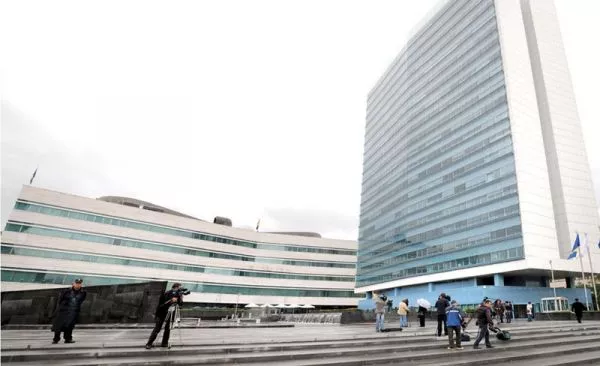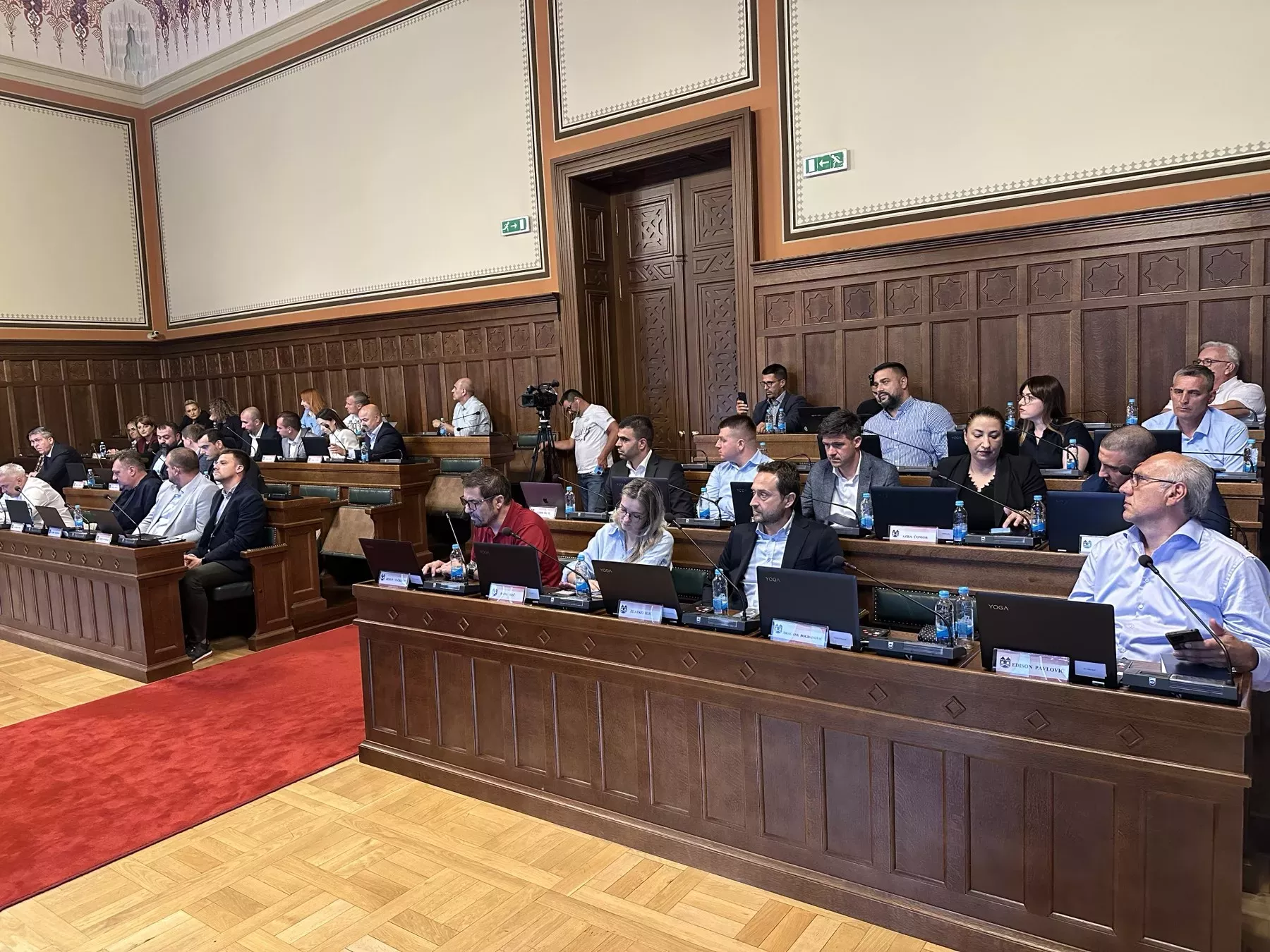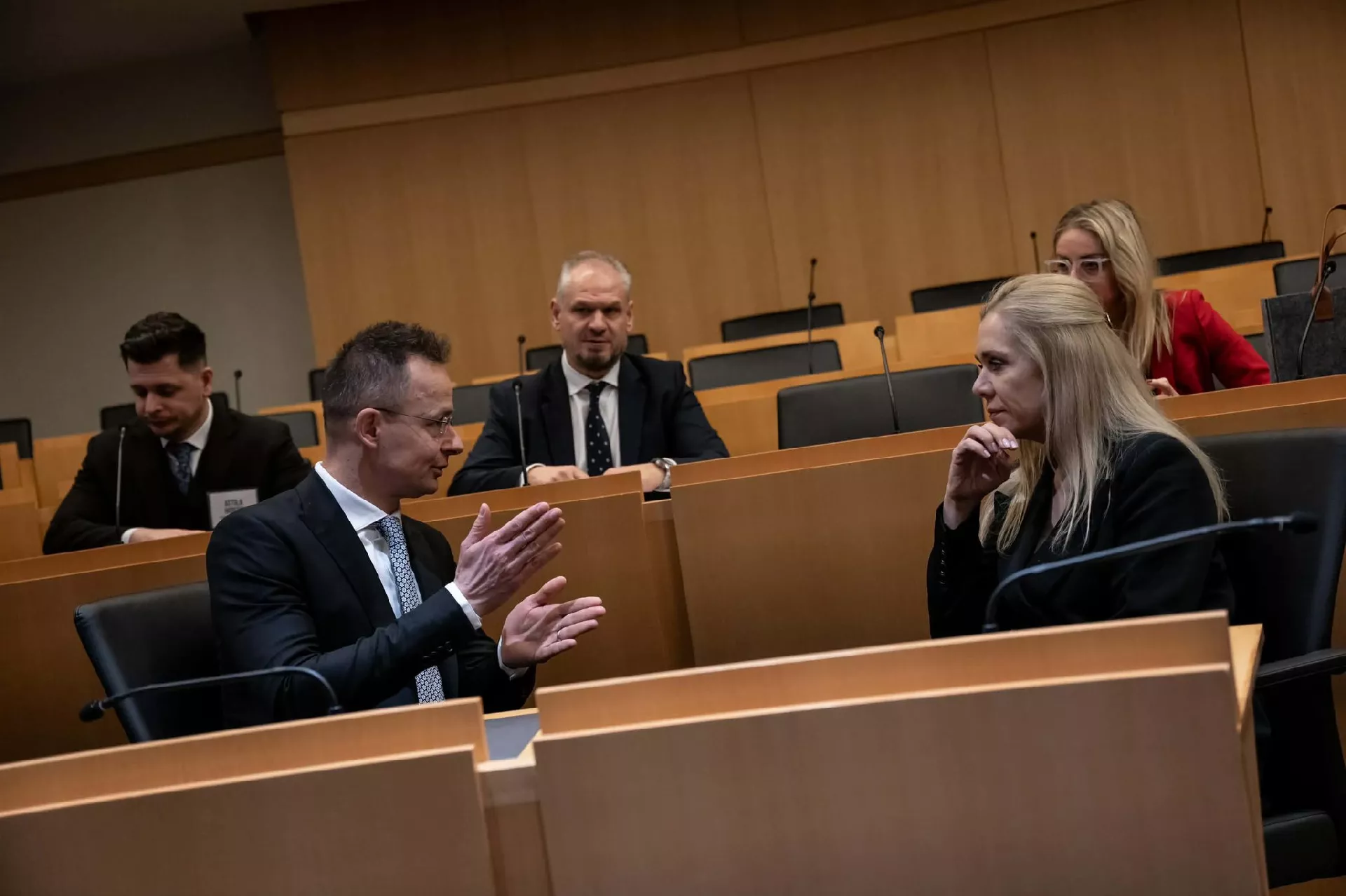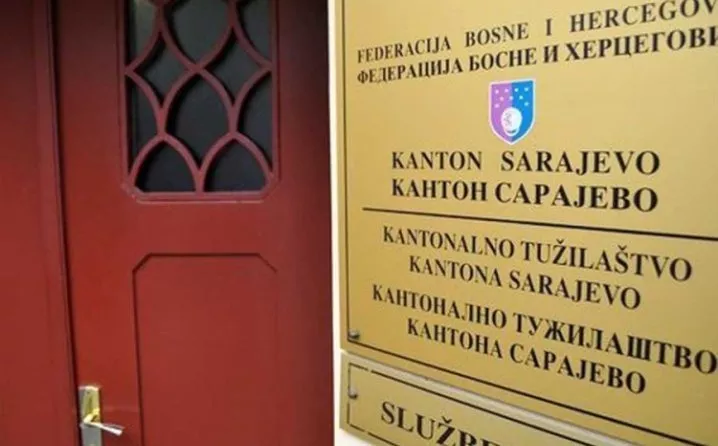
Aktuelno
Članak
A government of non-party experts the only chance for a European future for BiH
The latest report by the European Commission presented on Wednesday in Brussels, has not entirely defined the position of BiH and its future status...

By: Muharem Cero, Armin Aljovic
The latest report by the European Commission presented on Wednesday in Brussels, has not entirely defined the position of BiH and its future status with regard to the European perspective. What remains clear, though, is the fact that BiH, in some sort of conditional candidate status, ought to reaffirm its commitment to the European Union by continued implementation of the reforms it has been tasked with; above all, the reform of rule of law, public administration, as well as improved effectiveness of the state institutions.
EU rapporteur for BiH, Christian Dan Preda urged BiH to accelerate the reform process, by which it could earn recognition of the effort by the Council of Europe and its members that would result with the candidate status in some near future.
Having said that, there is still the requirement by Brussels of forming executive bodies (of the government) at all state levels, which have not been formed 7 months after the elections.
Considering the stalemate relating to forming of the Council of Ministers BiH, as well as the blockade of the Annual National Program (which blocks the process of NATO integration), it can be presumed that uncertain situation in BiH could last... and eventually prevent from fulfilling objectives that the EU imposed on BiH.
Hence the question if, in the current modality of partycratic representations as the ruling mode of the political elites in BiH, years long deadlocks of the implementation of conditional reforms could be resolved at all.
Undoubtedly, such model could not yield desired results. In such circumstances, BiH could not respond to the requirements of the European Union and its citizens could not become equal with other Europeans. More specifically, coalescence of political parties and judiciary structures at all levels in BiH, has devalued and euthanized any possibility of the reform of rule of law as primary goal on the road to reaching European standards of democracy.
In addition, rigid partycratic personnel management at BH institutions has multiplied the incompetent public administration thus preventing it from carrying out its basic task – adapting BiH and its citizens to democratic standards of the EU.
A possible response to the threatening paralysis of the country would be in giving up on cumbersome model of so-called ethnic representativeness as well as the acceptance of for the time being desirable model of forming an expert government. Similarly, the problem of corrupted judiciary could be solved only if international experts were introduced to the judiciary of BiH.
Considering short deadlines, and the fact that forming of new EU structures could take considerable amount of time, an accelerated forming of such expert government would give hope that the expected reforms in BiH could be implemented to sufficient extent and within reasonable time – a good reason for the EU institutions to award BiH with the candidate status for the EU membership.
It is therefore not pretentious to refer to such expert government – and there are experts both in BiH and outside of it – as a national salvation government.
Non-party experts, free from political will of ethnic oligarchies and committed to the goal of candidate status for BiH, would surely have been the expression of political will of BH citizens irrespective of their ethnic and entity affiliation.
Whether party oligarchies in BiH are prepared to give upon their comfort and benefits for sake of well-being of the citizens, is another question.
#English
Najnovije

Dugalija i Hajdarević danas o istrazi u slučaju tragične tramvajske nesreće

Vijeće ministara BiH danas o Nacrtu zakona o dopunama Zakona o komunikacijama

Trump: Počelo je zlatno doba Amerike

Gradsko vijeće Sarajeva danas o odlukama o dodjeli priznanja

Szijjártó: Mađarska i Slovačka odupirat će se ukrajinskim ucjenama do samog kraja
Najčitanije

Dan nezavisnosti BiH obilježava se 1. marta i ne prenosi se, Hota-Muminović proglasila i 2. mart neradnim danom?

ŠTETA I UK NE ZNAJU Tužilaštvo KS neće provoditi istragu o dugu KJKP Gras zbog neplaćanja poreza i doprinosa

Komisiji za borbu protiv korupcije stigle prijave: Ko unaprijed gradi carinske terminale za UIO i kome se pogoduje

UTAKMICA BORCA I BOSNE U Banja Luci izviždana i prekinuto intoniranje himne BiH

Vlada KS: Rekonstruisana tramvajska pruga ima sve upotrebne dozvole
